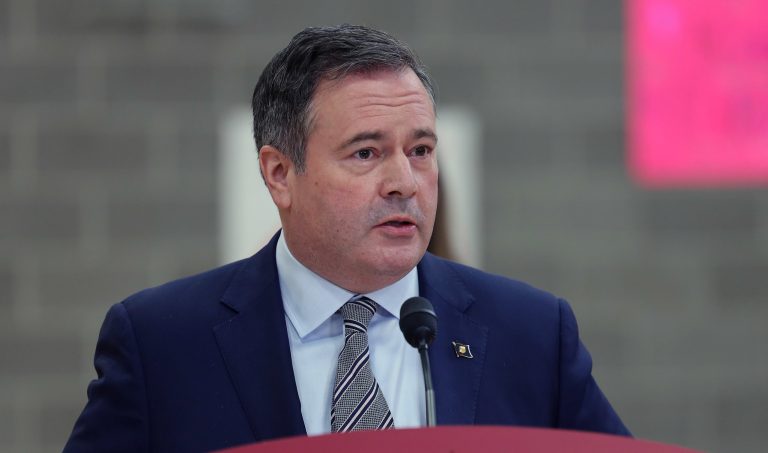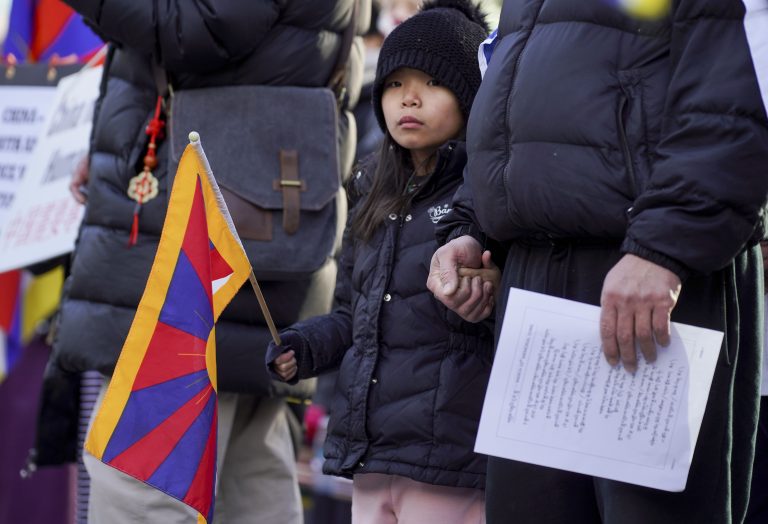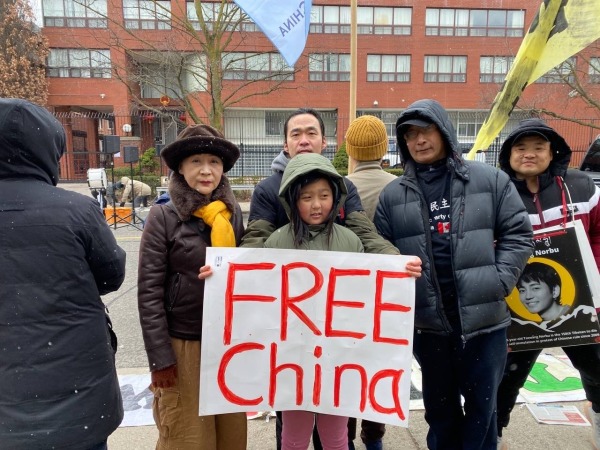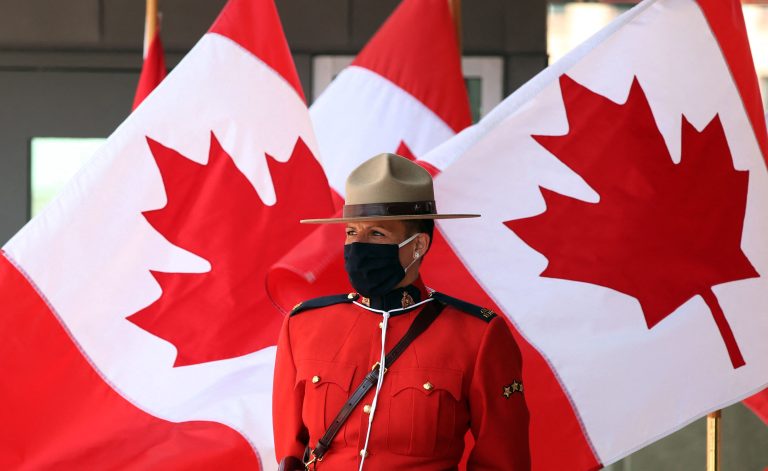The Province of Alberta will launch a legal challenge against Prime Minister Justin Trudeau’s usage of the Emergencies Act to disperse the Ottawa Freedom Convoy trucker occupation protest, says Premier Jason Kenney.
Kenney, leader of the Province’s United Conservative Party, made the statement in a Feb. 19 video posted to Twitter.
The Premier characterized the usage of the Emergencies Act, which allows the federal government broad-reaching power to violate civil liberties and freedoms normally protected under Canada’s version of a constitution, The Charter of Rights and Freedoms, as a form of governmental overreach that encroaches on the jurisprudence of provinces.
Kenney argued that the mostly-peaceful ending of the U.S.-Canada border blockades at Coutts, Alberta and Windsor, Ontario evidence that Provincial governments can handle border disruption protests on their own.
“Folks in this country have the right peacefully and lawfully to protest, and I encourage people who feel strongly about vaccine mandates, public health restrictions, to do just that legally and peacefully,” the Premier stated.
Success
You are now signed up for our newsletter
Success
Check your email to complete sign up
He continued, “So the question then is why does the federal government using the power that is not necessary to seize bank accounts and assets, for example, from people—arbitrarily, extra-judicially, without court orders, based on their opinions or who they’ve donated to—powers really designed to interrupt things like terrorist financing? It doesn’t make sense.”
Kenney’s words are more than just political rhetoric.
On Feb. 17, federal Attorney General and Justice Minister David Lametti, a cabinet minister appointed as a member of Trudeau’s Liberal Party minority government, characterized the Freedom Convoy during a remote interview with CTV News as a “pro-Trump movement.”
Addressing Canadians who donated “to this kind of thing,” Lametti said “you ought to be worried.”
On Feb. 16, Kenney joined Premier of neighboring Saskatchewan, Scott Moe, also leader of a Conservative Party, and 16 U.S. Governors in calling on Justin Trudeau and U.S. President Joe Biden to rescind vaccine mandates and quarantine requirements for cross-border truckers, the issue that originally set off the trucker protest last month.
On Feb. 18, Premier Kenney penned his own letter to Trudeau on the same issue, which he shared on Twitter, “Calling for an end to the pointless trucker vax mandate and travel restrictions.”
Kenney was the first Premier in Canada to eliminate vaccine passports when he abruptly ended the coercive tool on Feb. 8.
In January, after Canada’s francophone province Quebec bluffed the initiation of a fine against its remaining 11 percent unvaccinated eligible population, Kenney also doubled down in his position against mandatory vaccination, noting that his administration had voluntarily removed the power to issue compulsory vaccine edicts from Provincial law in April of 2021.
Notably, the Emergencies Act as deployed by the ruling Liberal minority government exempts all individuals “registered as an Indian under the Indian Act,” refugees, “protected person[s],” or “person or any person in a class of persons whose presence in Canada, as determined by the Minister of Citizenship and Immigration or the Minister of Public Safety and Emergency Preparedness, is in the national interest.”
The exemptions are notable in the case of a string of domestic terrorism attacks initiated against the Coastal GasLink natural gas drilling site in British Columbia.
The most recent attack occurred on Feb. 17 when an estimated twenty individuals, some brandishing axes, destroyed site equipment, barricaded roads, committed arson, and reportedly attempted to light a vehicle ablaze while an employee of TC Energy was inside.
The attack was the latest in a string of many, tracing back to protests and violence connected to the Wet’suwet’en First Nation in early 2020.













